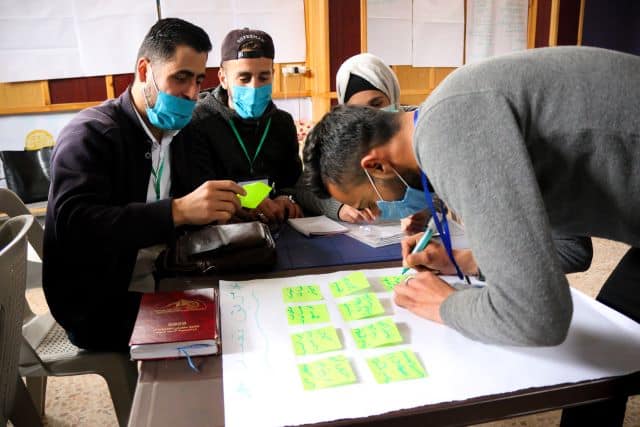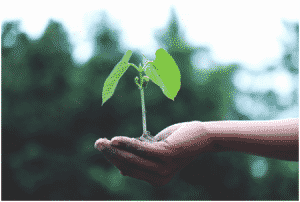Syria’s youth are being introduced to digital agriculture by the FAO.


The agriculture industry in Syria, as in many other nations, has little appeal as a source of reliable income for young people. Young people have been discouraged from working in agriculture due to a lack of direction, professional counsel, access to knowledge, training, and profitable prospects. As a result, the influence of youth on one of Syria’s economic pillars is modest. However, there are chances for dedicated young people to be involved in the field in order to profit from their new and original ideas.
Youth participation in agriculture needs specialized training, access to institutional knowledge, and the provision of adequate financial services. FAO is fostering creative and entrepreneurial approaches to include young people in the industry through its Smallholder Support Programme in Syria. FAO has created a program called Nabta (seedling in Arabic) to promote and help young people in beginning agricultural businesses.
Nabta is introducing a fresh and unique intervention focused to digital agriculture as part of its revolutionary strategy. The use of technological solutions, such as mobile technologies, remote sensing, and cloud-based services, to encourage efficient farming practices, streamline supply chains, and reduce operating costs, consequently improving profitability, is known as digital agriculture. Young people are more likely than older generations to adopt technology-mediated agricultural innovations to improve farming methods and operations.
“Digital agriculture is a pioneer learning experience for young people in Syria, and now, youth are ready to provide creative ideas to improve food production,” stated Alfredo Impiglia, FAO Chief Technical Advisor in Syria.
This specialist intervention is the country’s first of its type. In Damascus, FAO has partnered with Junior Chamber International (JCI), one of the most significant young non-governmental groups. The goal is to help young people with a background in farming, agricultural studies, smallholdings, and information technology (IT) knowledge and experience create the future of the agriculture industry.
Nabta participants will benefit from a full set of training activities, including online awareness courses to promote the idea of digital agriculture and the use of IT within the agricultural value chain. The rigorous training will focus on four major areas: digital agriculture, design thinking, proposal preparation, and presenting abilities.
In the meantime, JCI is working closely with FAO to create a website that will feature digital agriculture-related articles, multi-media, and resources in Arabic, as well as awareness content created for the intervention. The website will serve as a resource for young “Agri-preneurs” wanting to boost their productivity by utilizing the numerous and easily accessible IT solutions available.






